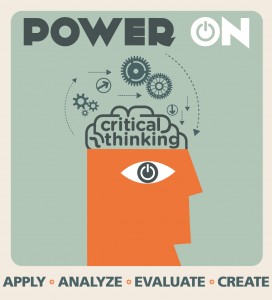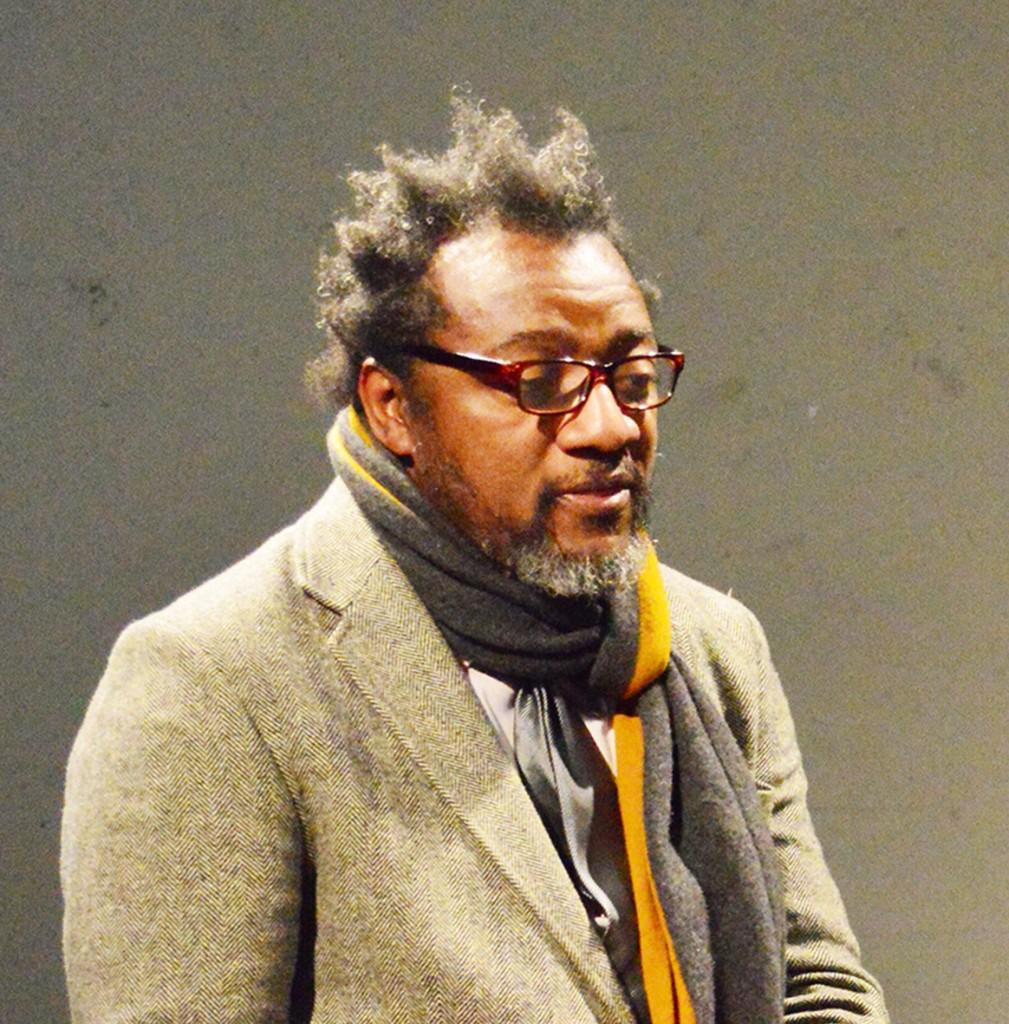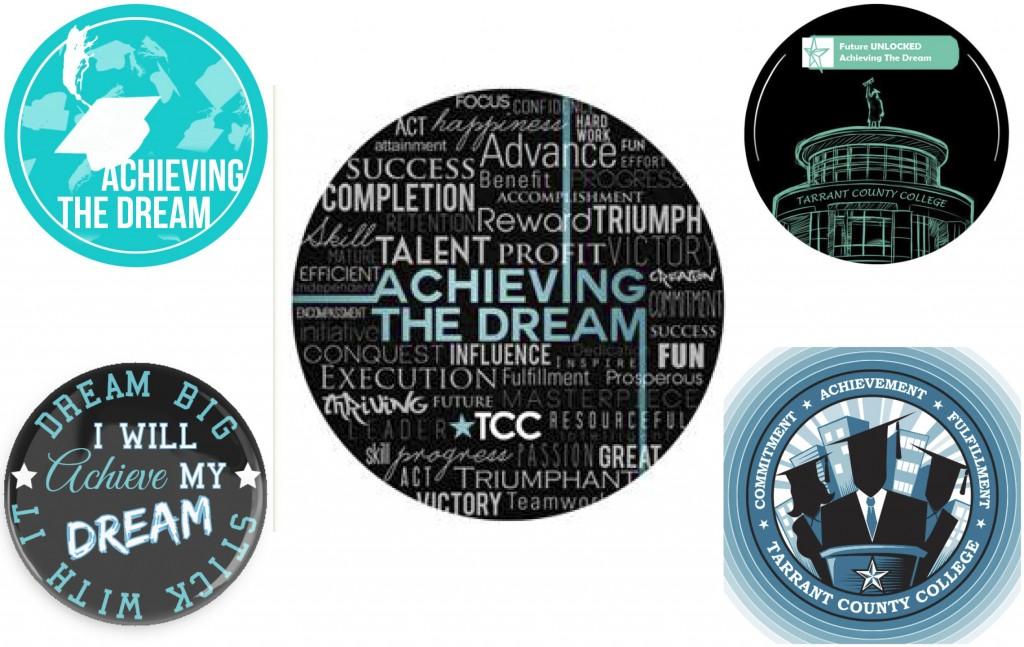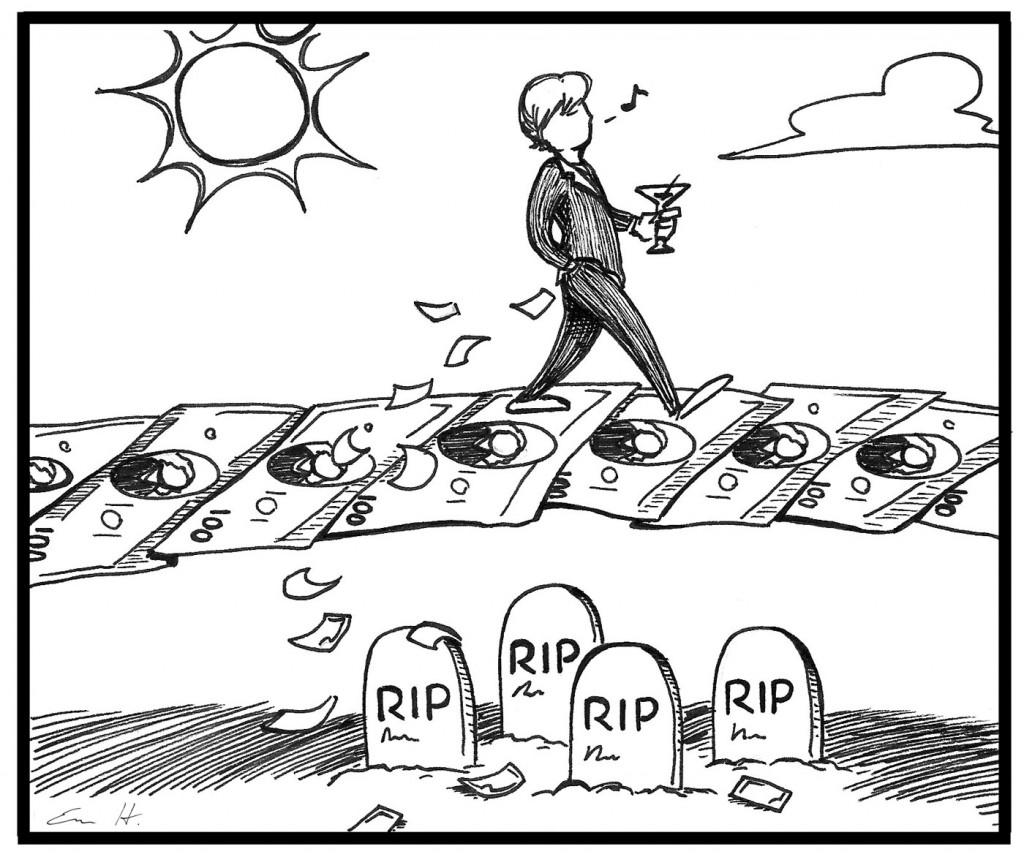By Heather Wicker/reporter
 Every decision made involves going through the process of thinking critically, the NE and NW quality enhancement plan coordinators told NE students Jan. 30.
Every decision made involves going through the process of thinking critically, the NE and NW quality enhancement plan coordinators told NE students Jan. 30.
NE history professor Tramaine Anderson and NW English associate professor Angela Chilton presented information on the importance of thinking critically not only as a college student but as an adult.
“These are real-life terms, not just something you use in the classroom,” Chilton said.
Chilton recited the student-learning outcomes of the event: apply, analyze, evaluate and create. A brief video clip of NFL commentators discussing the Super Bowl illustrated an everyday instance where these terms are used.
Anderson said the commentators created the image of kryptonite when describing the matchup of two teams whose offenses and defenses are No. 1 in the nation. They had to use all of the learning outcomes to reach their conclusion about the game, Chilton said.
The speakers asked the audience for situations in their lives that require critical thinking on a daily basis. When time management was offered as a possible answer, Anderson said it is something that requires constant thinking even when one may not realize it is happening.
A second video clip showed TCC students and faculty members explaining what critical thinking means to them.
“Question everything and make conclusions,” said one person in the video.
Chilton offered her own definition of critical thinking.
“Weigh both sides and find the truth for yourself,” she said.
The speakers said that a well-cultivated critical thinker raises vital questions, gathers and assesses relevant information and thinks open-mindedly.
“To think critically, you have to think open-mindedly,” Anderson said. “I don’t like the Cowboys, but I have to think that maybe one day they could win the Super Bowl.”
Seeing both sides of something and asking quality questions with different perspectives are important, she said.
According to a survey conducted by the Association of American Colleges and Universities, 93 percent of businesses want people who can think critically and solve problems, Anderson and Chilton shared.
“TCC is doing whatever it can to transform students’ critical thinking,” Anderson said.
NE student Cristina Iglesias said she learned that it is important to go beyond what is right in front of her when thinking critically.
“It applies to life outside of college,” she said.





























